In spite of all attempts to reason with him, the determined individuals refused to listen, taking the laws into their own hands like a street vigilante. They took on the roles of judge, prosecutor, and jury, enacting their own version of justice.
Ochuko’s plea for his life and innocence was met with silence.
He scanned the crowd in vain for a glimmer of mercy; every face was hateful, vicious, and unforgiving. At that moment, he surrendered to fate, acknowledging it as an unreversible path and a perilous journey he had to endure until the very end.
As the reality of the situation set in, Ochuko’s thoughts went to his mother and little sisters. The anguish he felt was not for his own impending fate but for the fact that he would never be able to tell his mother that he was innocent and that he was a victim of mistaken identity.
The agony of departing without the opportunity to clear his name and reveal the truth overshadowed the pain of leaving them behind.
This is the saga of a tragic end to a man’s life that is called jungle justice or mob action, which approximately one in every 100 Nigerians may have witnessed at least once or twice in their lifetime.
What exactly is jungle justice?
Wikipedia explains that “jungle justice or mob justice is a form of public extrajudicial killings which can be found in Nigeria and Cameroon, where an alleged criminal is publicly humiliated, beaten, and summarily executed by vigilantes or an angry mob.”
We must put an end to jungle justice, a pervasive and wicked practice that perpetuates a culture of violence, vigilantism, and mob mentality, resulting in the loss of countless innocent lives and the destruction of families.
In a society where legal norms govern, this brutal act perpetuates a culture of lawlessness and impunity, undermining the rule of law and the sanctity of human lives.
It also constitutes a flagrant violation of the fundamental human rights to life, liberty, and security of person, as well as the right to a fair trial and due process, which are essential to the dignity and well-being of individuals in a just and civilised society.
Sections 33, 34, and 36 of the 1999 Constitution of the Federal Republic of Nigeria specifically safeguard and protect the rights in question.
International agreements, such as Article 3 of the African Charter on Human and Peoples’ Rights, which the African Union adopted, and the Universal Declaration of Human Rights of 1948, which the United Nations adopted, further reinforce these rights.
The international instruments have been ratified and incorporated into Nigerian law, as contained in Section 12 of the Constitution of the Federal Republic of Nigeria.
Statistics
A report, ‘Mob Justice in Nigeria, published by SB Morgen, a leading provider of geopolitical analysis and intelligence, sheds light on the disturbing trend of mob violence in Nigeria. The report pointed out that a staggering 391 individuals lost their lives to mob violence across various states in Nigeria between 2019 and May 2022.
The report reveals that the southern part of the country witnessed 223 fatalities resulting from 197 incidents, out of a total of 297 mob justice incidents recorded during the period, while the northern part, despite having fewer incidents, accounted for the most brutal attacks, resulting in 168 deaths.
Part of the report noted that the South is more dangerous than the North for lynching and mob action. Lynching in the south typically occurs for economic reasons and typically results in a low number of victims, with the exception of two incidents in 2020, one in Oyo and the other in Rivers, none of which involved up to eight victims in a single incident.
The southwest is by far the most violent geopolitical zone in terms of mob justice, with 100 incidents in the period under review, or 36% of the total. Despite the southern region recording a higher number of mob justice incidents, the most brutal and deadly attacks occurred in the north.
Specifically, in April 2021, a vigilante group in Majifa, Kankara LGA, Katsina State, exacted revenge on previously attacking bandits, resulting in 33 fatalities. Similarly, in September 2021, residents of Tangaza, Tangaza LGA, Sokoto State, tracked down and killed 13 alleged bandits, highlighting the extreme measures taken by some communities in the face of insecurity.
Victims
The unforgettable Aluu4 is a case in focus. On October 5, 2012, four friends, all first-born sons of their families and students at the University of Port Harcourt, tragically lost their lives. A mob in Aluu, a community in the Ikwerre local government area of Rivers State, brutally lynched the victims—Chiadika Biringa, Lloyd Toku Mike, Tekena Elkanah, and Ugonna Obuzor—after falsely accusing them of theft.
On June 2, 2016, a horrific incident occurred in broad daylight in downtown Kano as a mob accused Mrs. Agbahime, a 74-year-old woman, of blaspheming against Islam and brutally murdered her in a heinous act of vigilantism.
The then-President Muhammadu Buhari and the Sultan of Sokoto unequivocally condemned the murder, calling for a prompt and thorough investigation by the relevant authorities. In response, on June 4, Governor Ganduje announced the arrest of Dauda Ahmad, identified as the primary suspect, which helped to alleviate escalating sectarian tensions and calm the situation.
On May 12, 2022, a tragic incident occurred in Sokoto, Nigeria, where a mob of Muslim students brutally stoned to death Deborah Samuel Yakubu, a second-year Christian college student, after falsely accusing her of blaspheming against Islam.
In May 2022, a horrific incident took place in Lekki, Lagos, where a dispute over a transportation fare led to the brutal lynching and burning to death of David, a sound engineer.
A brutal attack on David and two others resulted in his tragic death, while the two survivors sustained severe and life-threatening injuries.
Meanwhile, most recently, exactly on May 25, 2024, 22-year-old Jefry Akro, a university student in Oyo State,, succumbed to his injuries after being subjected to a vicious assault by his peers at the Shepherd Inn hostel on campus, where he was falsely accused of theft.
The number of victims who have fallen prey to the brutal and unforgiving sword of mob justice is countless and seemingly endless, a stark reminder of the devastating consequences of vigilante violence and the urgent need for a more just and equitable society.
Police warnings and actions
On several occasions, the Nigeria Police Force (NPF) issued stern warnings against resorting to jungle justice, according to ACP Olumuyiwa Adejobi, the Force Public Relations Officer (FPRO).
Adejobi posted a statement on the NPF’s official X account on April 1st, 2024, stating that jungle justice undermines and hinders the effective administration and smooth dispensation of justice in our country. He reiterated that taking the law into one’s own hands is a harmful practice, widely condemned globally, as it poses a significant obstacle to strengthening our criminal justice system.
He said: “The NPF strongly denounces jungle justice, mob violence, and extrajudicial killings; we urge the public to reject these practices. Such actions constitute criminal offences and severe human rights violations, eroding the foundations of a civilized society and perpetuating a destructive cycle of violence, bias, and lawlessness.
“By engaging in jungle justice, individuals undermine the authority of legitimate institutions and imperil the rule of law, which is essential for a safe and just society. Vigilantism, or jungle justice, is a harmful and outdated practice that has no justification in a modern, civilized society. Rather than delivering justice, it perpetuates a cycle of violence, fear, and inequality.
“It is crucial that communities renounce this approach and embrace the rule of law, ensuring that justice is served through impartial and transparent legal systems. By doing so, we can truly embody the principles of democracy, human rights, and equality for all, creating a safer and more just society for everyone.”
What the law says
According to legal practitioner, Mr. Kelechi N. Ugochukwu, Nigeria has a prevalent issue with jungle justice, where individuals without legal authority take the law into their own hands, meting out punishment on perceived lawbreakers.
This phenomenon, he said, has led to numerous instances of public vigilantism, resulting in the extrajudicial killing of suspected criminals, some of whom were later found to be innocent, pointing out that the roots of jungle justice in Nigeria are shrouded in uncertainty owing to its protracted history.
However, it has been repeatedly traced back to the Bakassi Boys, a vigilante group that emerged in 1999 in the southeastern region of the country.
State governors are believed to have backed the group, which significantly contributed to the spread of jungle justice in Nigeria.
He recalled that the late Justice Olajide Olatawura of the Supreme Court, in the landmark case of Oshoboja v. Amuda, said: “Court rules are designed to prevent arbitrary or jungle justice. He stressed that justice requires time to uncover the truth, and correcting errors is essential to avoiding perpetuating injustice. The long time spent before justice is done is better than the harm done in a shorter period and perpetuated forever.”
The judge cautioned against prioritizing speed over justice, emphasizing that justice should never be sacrificed for expediency, recalling, :In the case of Olabode v. State, where the accused, a mechanic, caught the deceased, an apprentice to his neighbour, stealing petrol from a vehicle in his workshop.
“In a fit of rage, he poured petrol on the deceased and set him ablaze, leading to the deceased’s death 14 days later due to dehydration from the burns. The accused fled the scene but was later apprehended, tried, and found guilty of murder by the trial court. The appellate courts upheld the conviction, guaranteeing justice for the brutal act of jungle justice.
Regarding the legal stance on jungle justice in Nigeria, Ugochukwu stated that the law unequivocally condemns such practices, emphasizing that every citizen is entitled to a fair trial and equal protection under the law, as enshrined in the Constitution and various legislative enactments.
He stressed that resorting to jungle justice is a gross violation of these rights and has severe legal consequences.
He said: “This raises the disturbing question of whether jungle justice has effectively become an accepted method of punishment in Nigeria, bypassing the legal system. In light of this, it’s essential to recall the fundamental principle enshrined in the 1999 Constitution of the Federal Republic of Nigeria, which stipulates that every individual accused of a crime is presumed innocent until proven guilty.
“While the constitution explicitly states that a person charged with a criminal offence is presumed innocent until proven guilty, a broader interpretation suggests that this provision may also apply to individuals who are merely suspects and have not yet been formally charged with a crime. The legal principle of ‘Audi Alteram’Partem’—meaning ‘hear the other side’ – underlies the concept of fair hearing, which guarantees each party the right to a trial in a competent court.
“By taking the law into their own hands and meting out punishment to suspects, individuals or groups usurp the authority of the judiciary, undermining the fundamental right to a fair trial and the rule of law. The right to life is universally guaranteed in Nigeria, and no individual can be intentionally deprived of it, except in the execution of a court’s sentence for a crime of which they have been duly convicted and found guilty.’’
The lawyer says acts of jungle justice that lead to the death of the victim amount to murder or manslaughter, and they are punishable with death or life imprisonment, respectively.
Another significant factor contributing to the prevalence of jungle justice in Nigeria is religion. The country’s diverse religious landscape is characterized by passionate adherents who are willing to go to great lengths to defend their beliefs, often resorting to violence when they perceive a disrespect or offence to their deity or faith.
A notable example is the tragic killing of Deborah Samuel on May 12, 2022, which highlights the dangerous intersection of religious zealotry and mob violence. Proponents of jungle justice often believe that delayed justice is equivalent to denied justice, prompting them to take matters into their own hands.
“When a suspect is identified, they swiftly mete out punishment, either through physical harm or public humiliation, convinced that they have delivered timely justice. In their view, prompt action is necessary to ensure justice is served, rather than relying on a potentially slow and ineffective formal legal system,’’ explained the lawyer.
Civil rights organization reacts
Speaking on the issue, the Director General, Centre for Credible Leadership and Citizens Awareness, Dr. Nwambu Gabriel Chibuzor, said that Nigerians must acknowledge the perilous consequences of resorting to jungle justice, positing that instead, Nigeria should strive to foster a culture that upholds human rights, respects the rule of law, and recognizes the vital importance of fair and impartial trials.
Nwambu said that in his capacity as a human rights advocate, he categorically rejects jungle justice and draws attention to its fraught consequences, adding that jungle justice perpetuates multiple violations of human rights.
“Jungle justice flouts the right to a fair trial, stripping suspects of their fundamental entitlements, including the presumption of innocence until proven guilty, access to legal representation, and due process. It perpetuates extrajudicial killings, where mobs exact instant vengeance, circumventing the legal system and perpetuating a culture of brutality and violence.
“The absence of accountability in jungle justice creates a culture of impunity, where perpetrators often escape punishment, emboldening them to continue their vigilantism and perpetuate further violence. It subverts the rule of law, eroding faith in the legal system and perpetuating a culture of lawlessness, where violence becomes an accepted means of resolving disputes. Jungle justice perpetuates a vicious cycle of violence, creating a culture of retaliation and revenge where violence begets violence, and conflicts are perpetuated rather than resolved.
“It obstructs justice by destroying evidence, intimidating witnesses, and hindering investigations, thereby undermining the pursuit of truth.”
Nwambu pointed out that jungle justice sabotages community trust, creating a rift between law enforcement, communities, and the criminal justice system, and obstructing collaborative crime prevention and solution efforts.
Religious leaders’ perspectives
Mr. Mallami Garba, an Islamic cleric, stated that Islam forbids people from enforcing the law themselves, a practice known as “vigilante justice” or “mob justice,” emphasizing the significance of adhering to due process and allowing the legal system to resolve disputes and administer justice.
According to him, Islam strictly forbids all forms of injustice that can result in harm to a person’s life, reputation, or property, including unjustified killing, slander, and illegitimate seizure of wealth.
“Islam considers human life, dignity, and property to be sacred and inviolable. The taking of a life without just cause is deemed a grave violation of this sanctity and is strictly prohibited, with severe consequences in both this life and the hereafter. In Surah al-Baqarah, verse 178, the Qur’an states: ‘Believers, retaliation for murder is prescribed for you: a free person for a free person, a slave for a slave, a woman for a woman.
“However, if the victim’s family chooses to forgive, then accept reasonable compensation and show kindness. This is a blessing and mercy from your Lord. But if anyone transgresses after being forgiven, they will face a painful punishment. The Quran emphasizes the importance of justice, fairness, and due process and encourages believers to rely on legal authorities to punish wrongdoers, rather than taking matters into their own hands.
“Additionally, in Surah Al-Asr, verse 3, Allah warns against committing injustice, including taking the law into one’s own hands, saying, “And indeed, We have enjoined upon them the doing of good deeds, and the forbidding of evil deeds, and the establishment of prayer, and the giving of zakat. But whoever turns away from My remembrance, indeed, he will have a depressed and narrow life.”
Garba said the Quranic verses clearly indicate that Allah rejects vigilantism and stresses the significance of upholding a just and equitable legal system, where justice is served through established channels and due process rather than through personal vendettas or extrajudicial means.
In the same vein, Pastor Donald Osaghale said that the concept of jungle justice should not even be mentioned among believers, hinging his assertion on the teachings of Jesus Christ that preach a culture of love, forgiveness, and peaceful resolution of conflicts, rather than resorting to violence and personal vendettas.
Osaghale stressed that the community should prioritize harmony, understanding, and Christ-like behaviour, leaving no room for vigilantism or extrajudicial punishments, adding that doing so promotes a values-based approach to conflict resolution, aligning with the teachings of Jesus.
Osaghale highlighted the core values of Christianity, emphasizing that the faith is deeply rooted in forgiveness, compassion, and mercy towards sinners rather than condemnation and vengeance.
Osaghale referenced the story of Jesus and the woman caught in adultery (Mary Magdalene) from John 8:1–11. Jesus’ response to the Pharisees and the crowd, “Let any one of you who is without sin be the first to throw a stone,” highlights the hypocrisy of judging others while ignoring one’s own shortcomings.
During His arrest, Jesus indeed rebuked Peter for cutting off the ear of the high priest’s servant, Malchus (Matthew 26:52, Luke 22:51). Jesus said, “Put your sword back in its place… for all who draw the sword will die by the sword” (Matthew 26:52).
Osaghale said that this act demonstrated Jesus’ disapproval of violence and retaliation, even in the face of danger or threat.
From religious and legal perspectives, the message is clear: as humans, we should love one another, and taking another person’s life that one cannot create is anti-God and against the laws of the land.
However, both the police, other security agencies, and the judiciary must ensure speedy dispensation of justice for a suspect, while lawyers should refrain from defending accused persons and capitalise on technicalities to free them in the law courts, apart from long adjournments and trials of cases for several years.
In all, everyone has a role to play in ridding the society that is no longer in the primitive, savage, and brutish state but a contemporary society that is governed by the rule of law and not the rule of violence, might, or impunity, of mob justice.
Here is a clarion call on the President Bola Tinubu administration to, as part of the Renewed Hope Agenda, ensure a speedy reform of the nation’s justice system to provide hope and an answer to the nagging question, “Will there be an end to jungle justice in Nigeria?’’ No one knows who will be the next victim—a relative, friend, or even yourself!



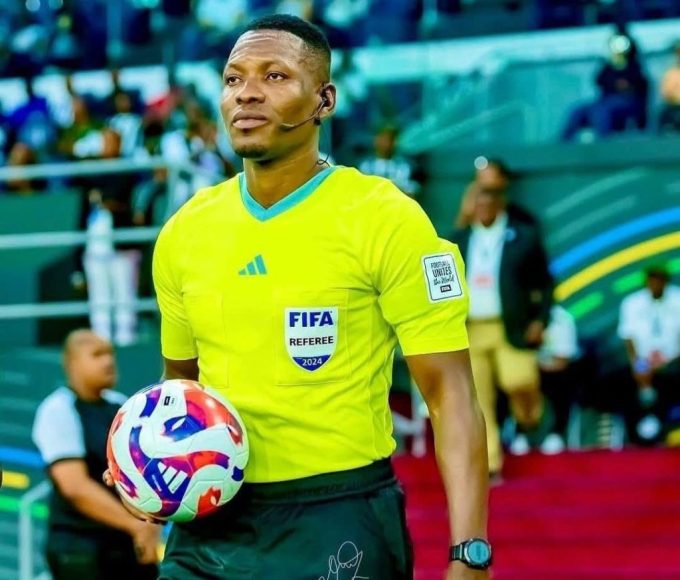
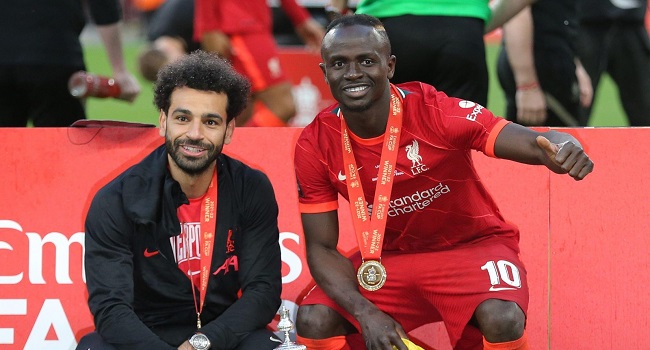





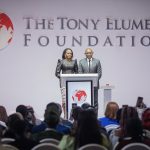
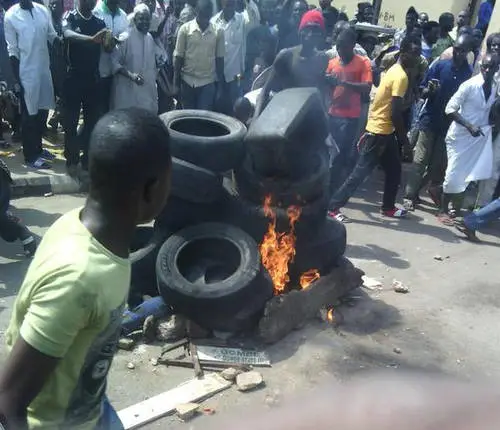


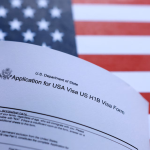



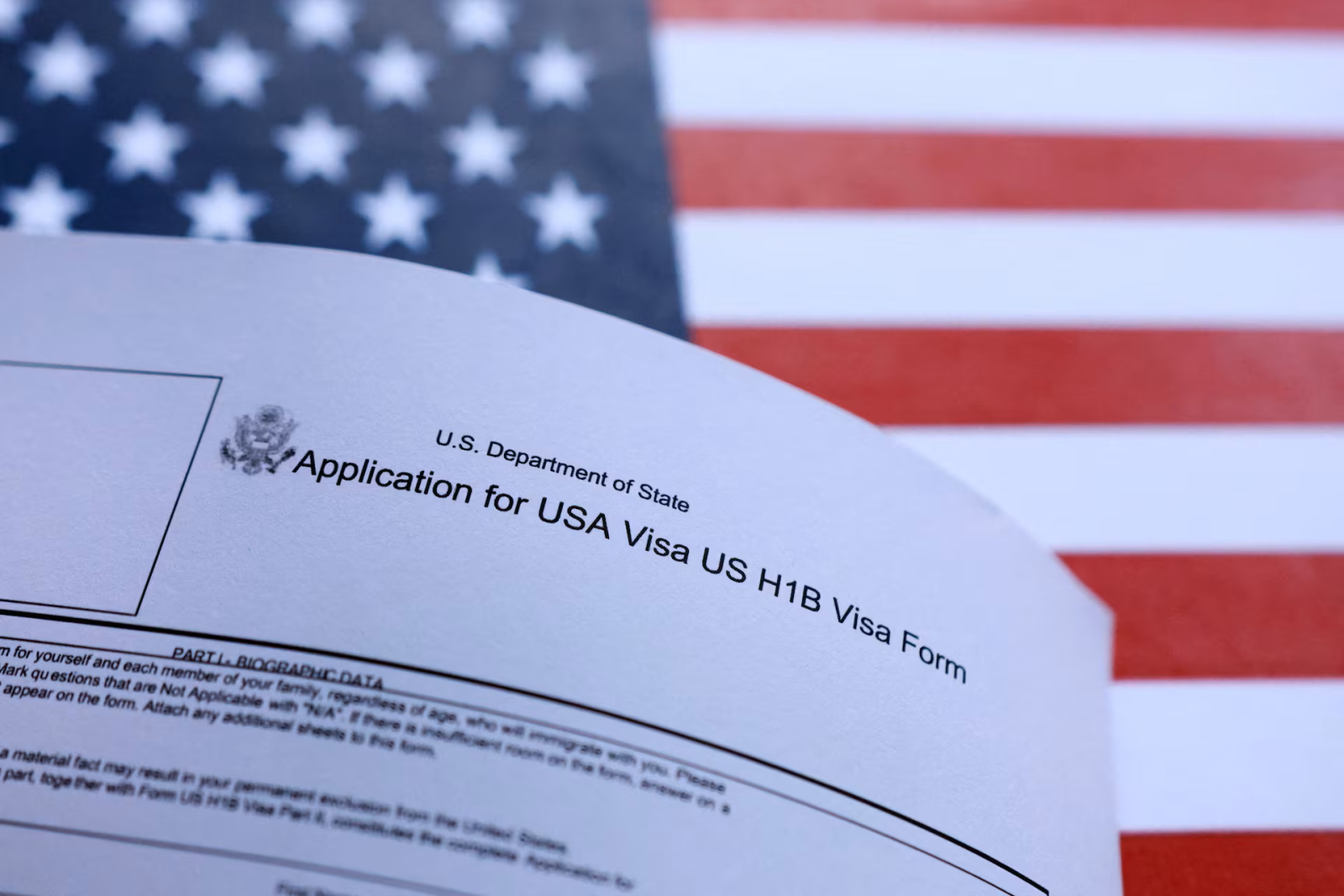
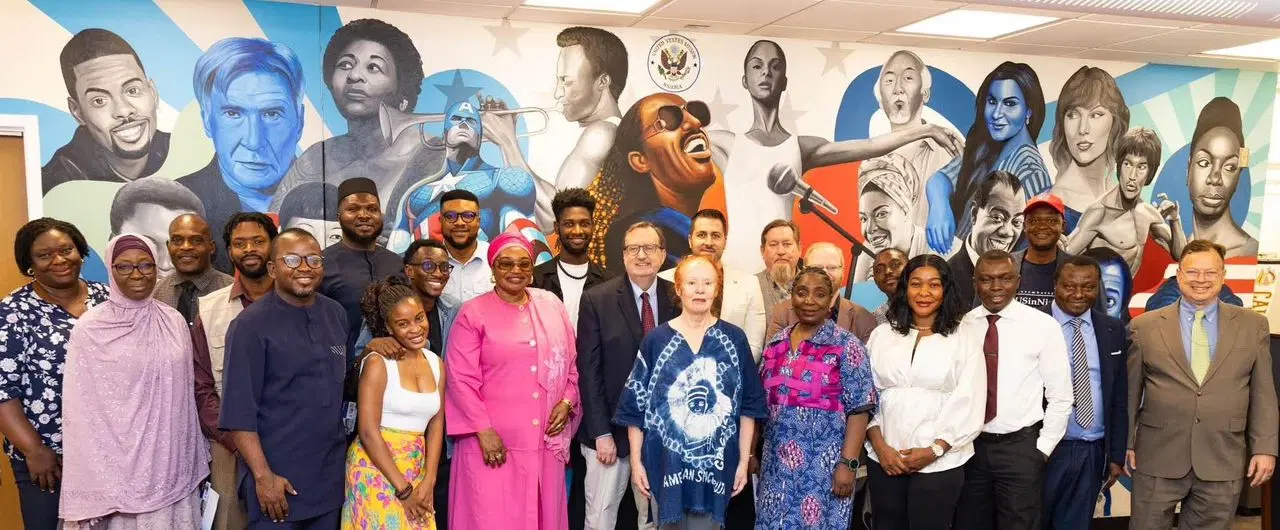



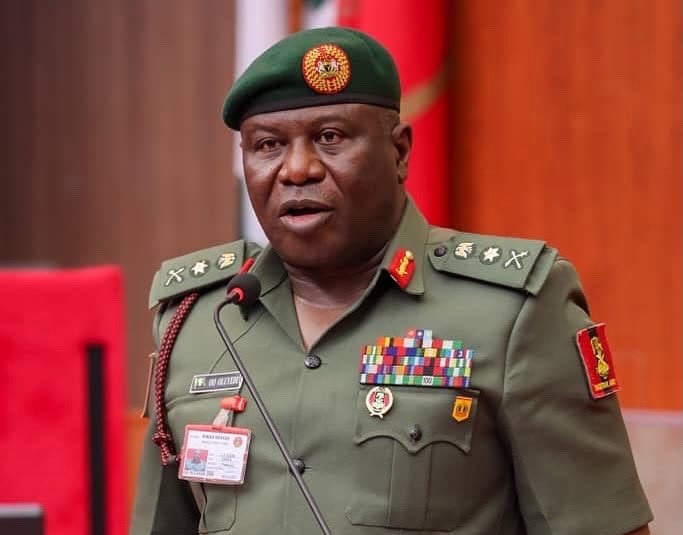






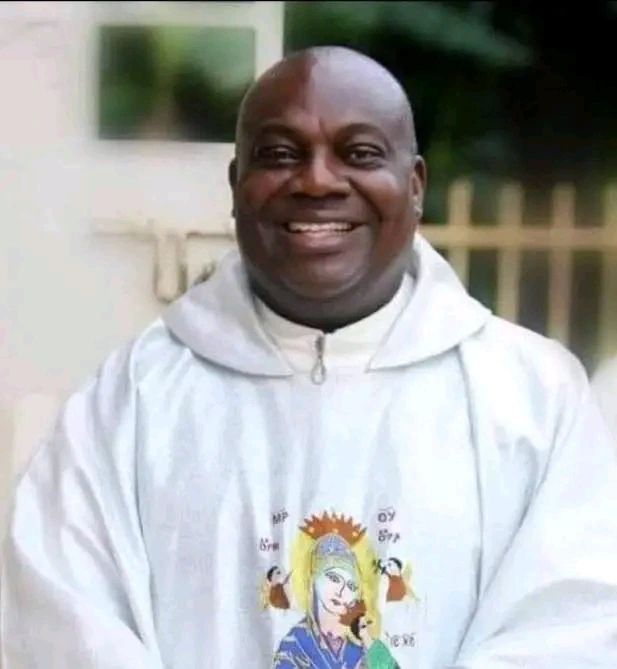

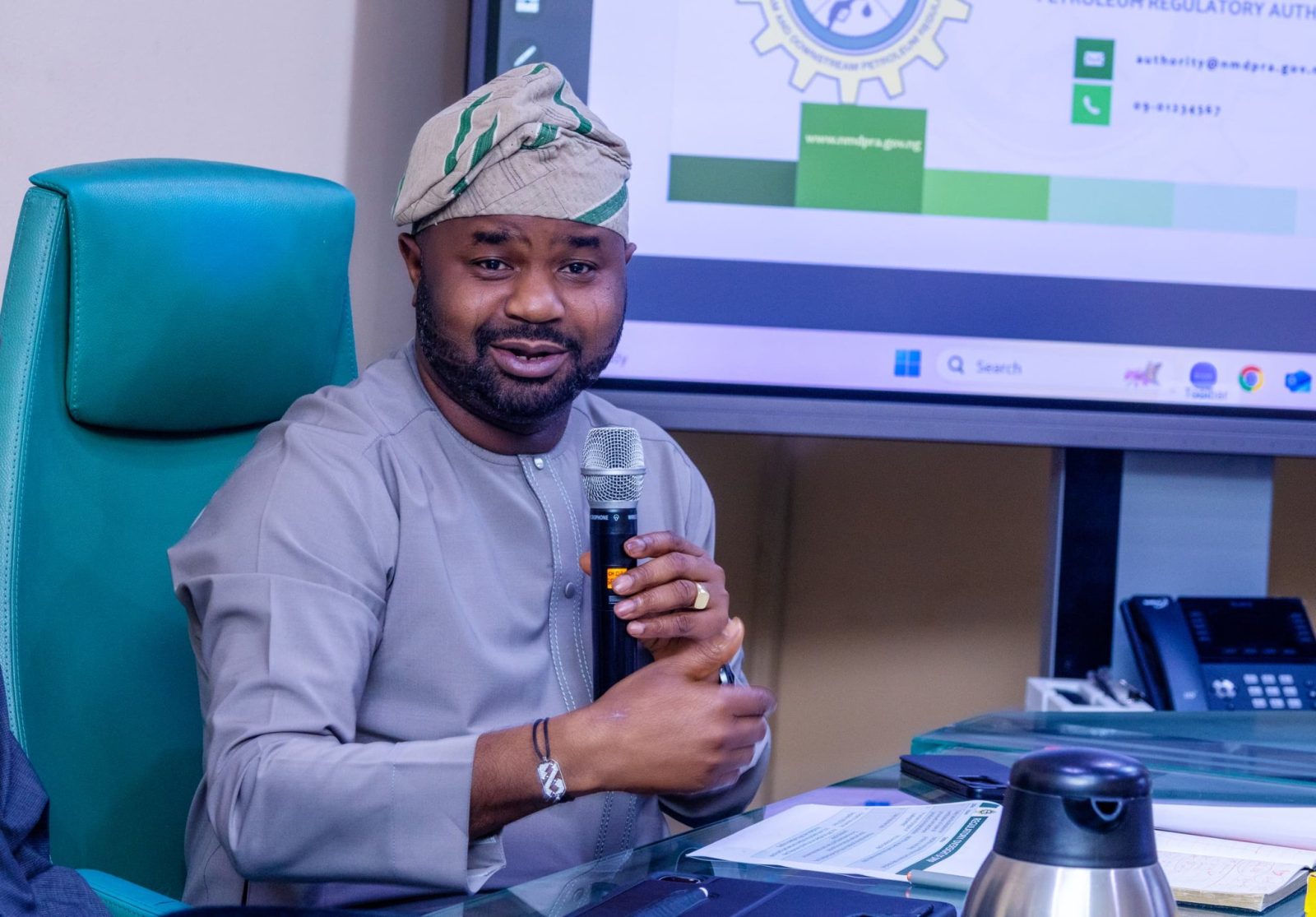




Leave a comment